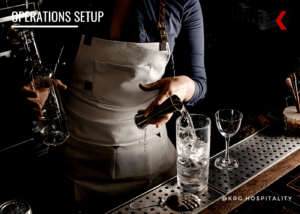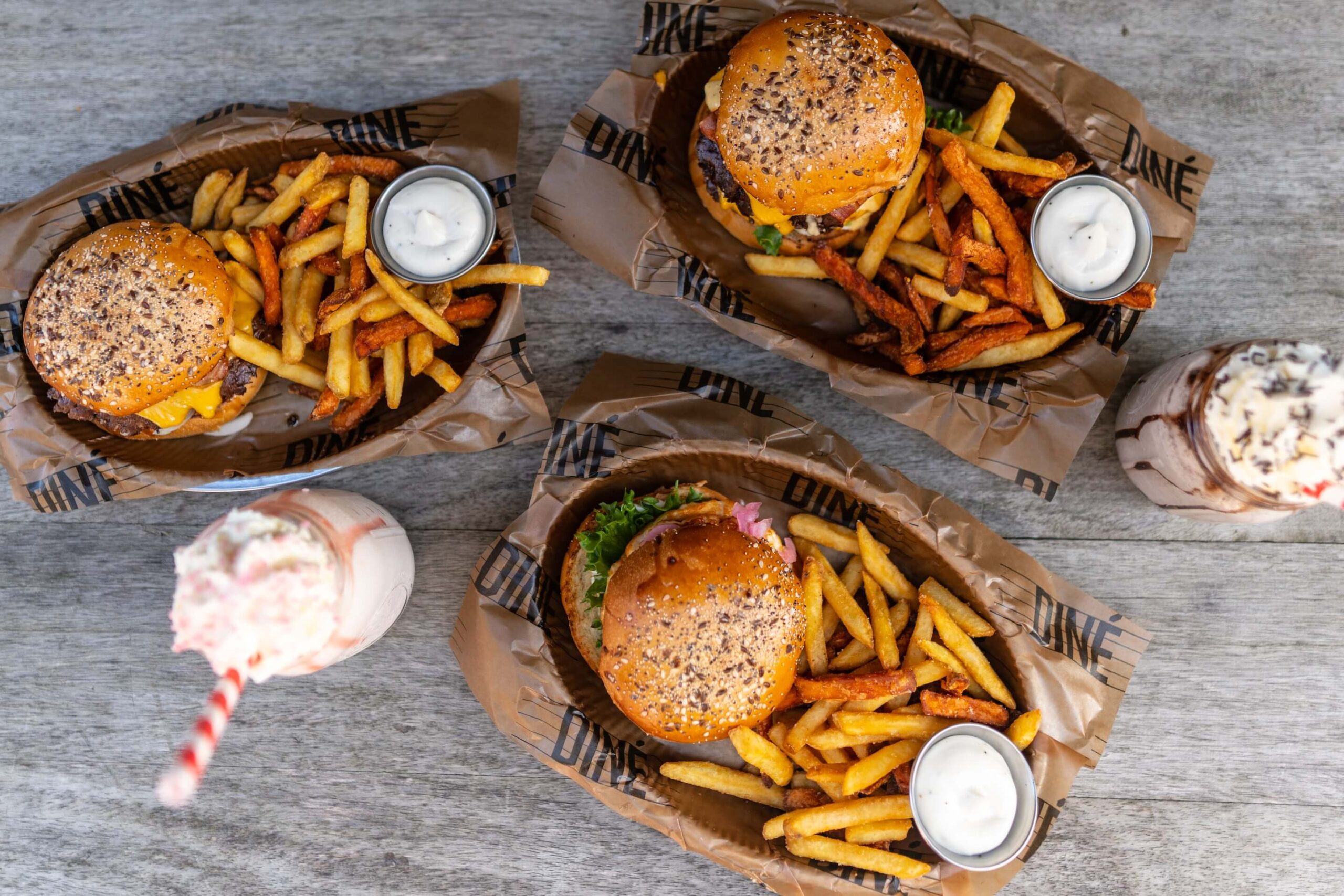Ontario Updates Employment Standards Act
by David Klemt

Yesterday, Ontario, Canada’s government tabled updates to the province’s Employment Standards Act meant largely to protect restaurant and hospitality workers.
These explicit protections are known as Bill 79, Working for Workers Four Act, 2023.
Interestingly and timely, the updates seem to be, at least in part, a direct response to technological developments.
For example, Bill 79 addresses digital payment apps and artificial intelligence. I’ll expand on that below.
These updates certainly appear to have been drawn up to protect restaurant workers specifically, and hospitality professionals overall.
An End to Unpaid Trial Shifts
One of the most significant updates addresses hours and pay.
It likely shouldn’t have to be said but, according to Ontario law, an employee must be paid for all the hours they work. This includes trial shifts.
Specifically, the new legislation expressly prohibits unpaid trial shifts.
Pooling Tips
Employers in Ontario are well within their rights to share in pooled tips. That is, if the employer is performing the same tasks as staff.
However, there’s now an update to this practice within the Employment Standards Act.
If any employer intends to share in a tip pool, they must make this clear and inform staff.
Speaking of Tips…
For the most part, digital payment platforms bring with them transaction fees. This includes fees for restaurant workers to get their tips.
“We’re seeing apps that are taking a cut every time…a worker accesses their tips, and that’s not acceptable,” says Piccini.
So, moving forward, employees who are paid tips via direct deposit will have more control. The updates to the Employment Standards Act now state that employees paid this way can choose where their tips will be deposited.
Deducting Wages
Per multiple studies, one in 20 diners has dined and dashed. Apparently, it has been common practice for some employers to deduct wages in response.
Personally, I think it’s ridiculous for any employers to pass a business loss on to their workers. That’s neither good leadership, ethical, or a healthy work culture. I’m not saying I’m surprised it happens; I’m disgusted that it still happens.
Now, the practice of penalizing employees monetarily for guests dining and dashing is prohibited specifically. Will that stop it from happening? Probably not, although perhaps it will happen much less moving forward.
This also includes language that makes it illegal to deduct pay from employees due to customer “gassing and dashing.” For anyone wondering, gas theft affected Ontario businesses to the tune of $3 million CAD in 2022.
Artificial Intelligence
Some employers, as many job hunters are aware, use artificial intelligence during the hiring process.
Now, these employers will have to disclose their use of AI in job listings. In theory, this update addresses privacy and data collection concerns.
Further, job listings will now have to include salary ranges. Also, employers are now prohibited from requiring work Canadian work experience in their job listings or on their application forms.
To review Bill 79 in its entirety, click here.





